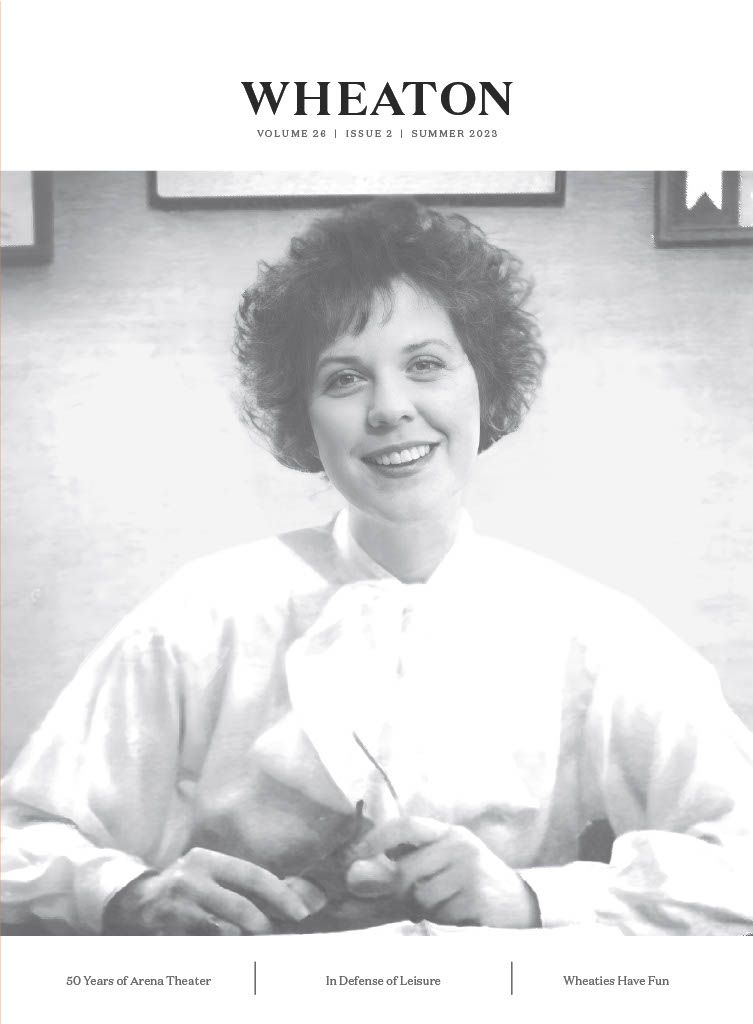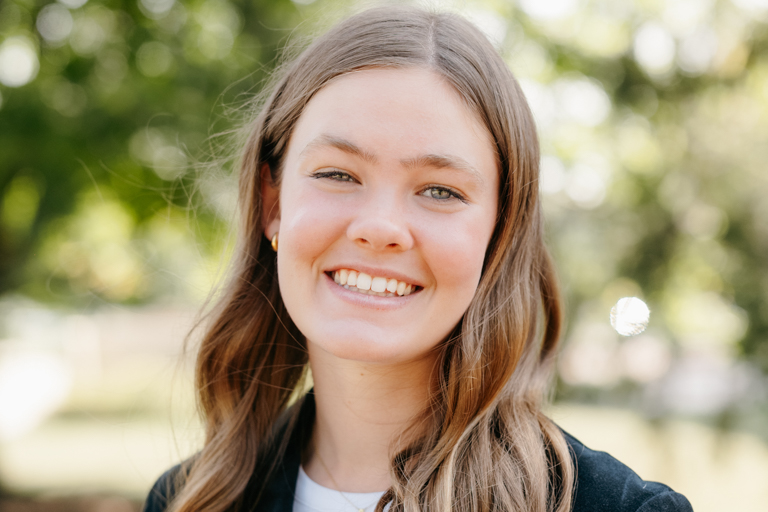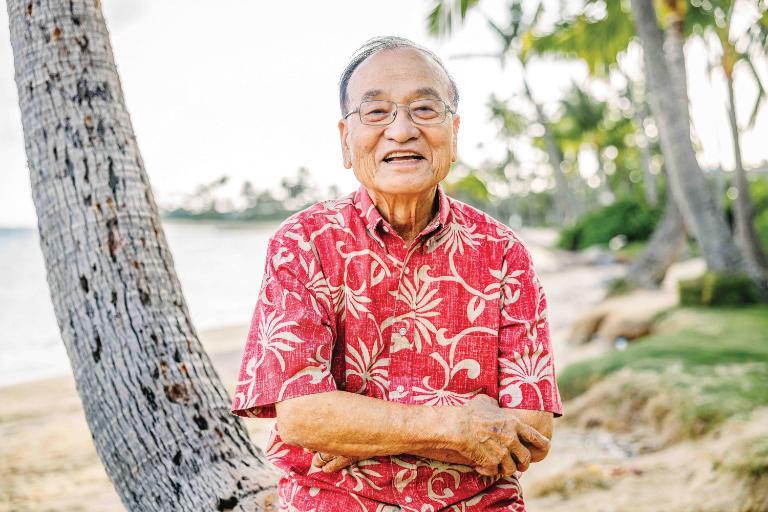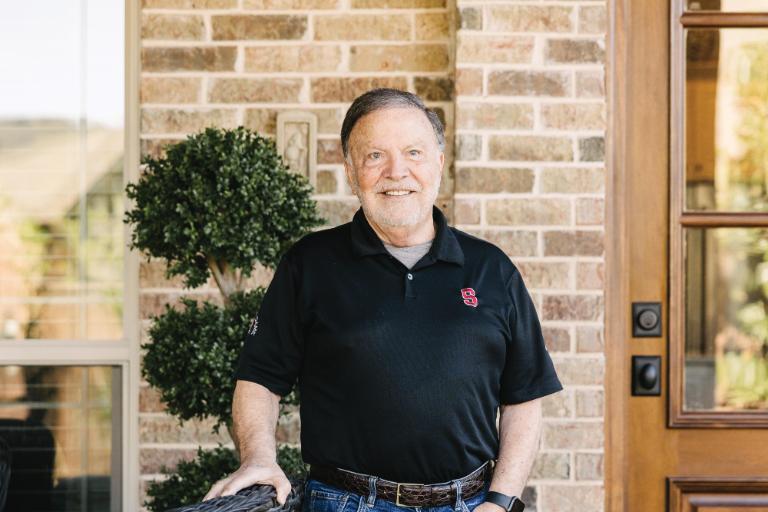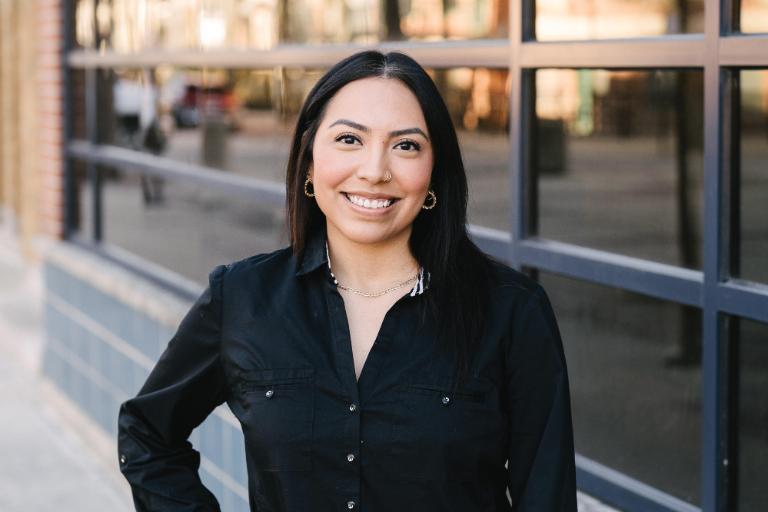Living in a Present Informed by a Promised Future
David Zamora Ph.D. ’25, a biblical and theological studies doctoral candidate at the Wheaton College Graduate School, examines how the power of hope comes from God’s promises to his people.
Words: Grace Kenyon ’22
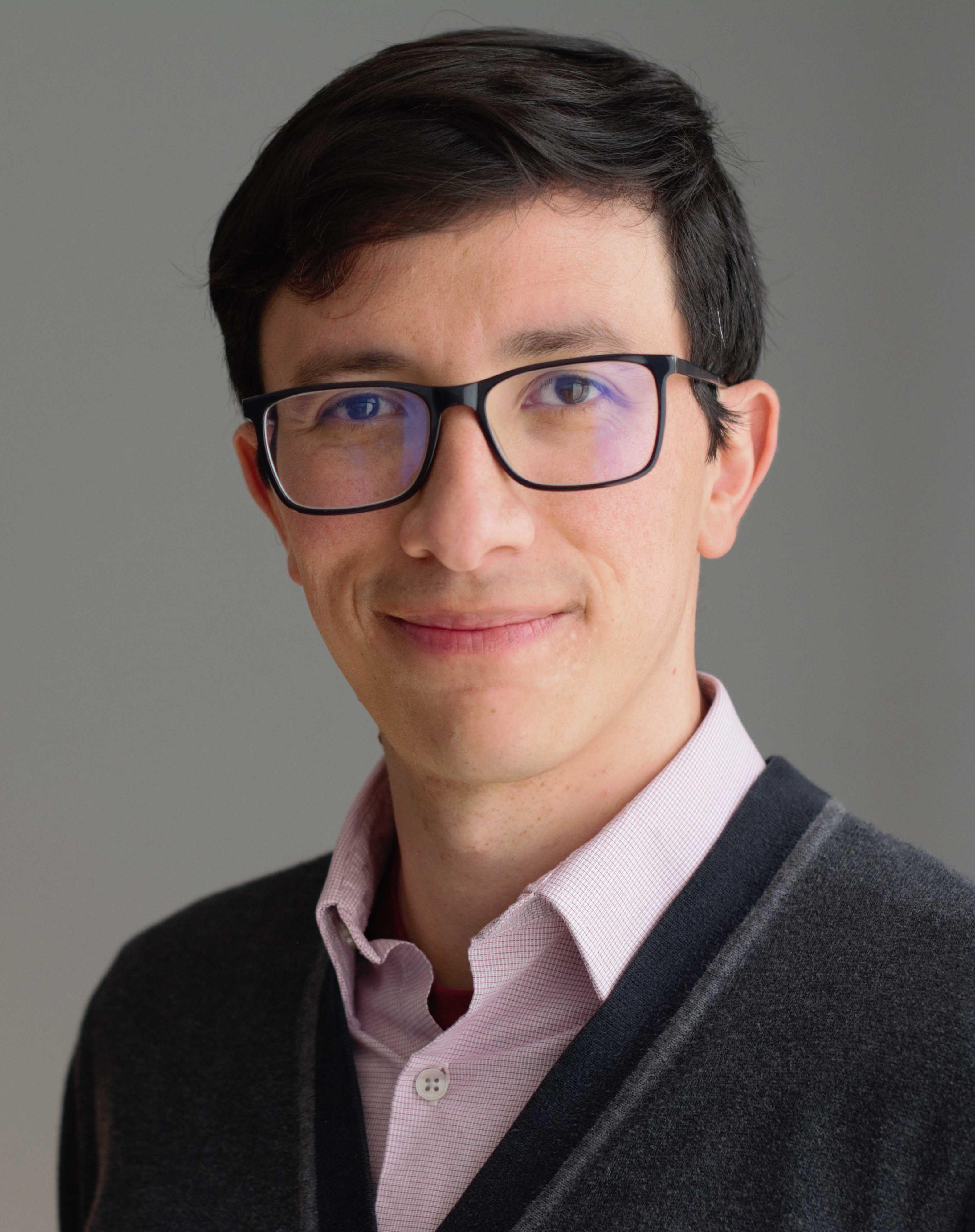
“I felt at home with people who just were trusting the same God I was trusting in.”
David Zamora Ph.D. ’25
David Zamora Ph.D. ’25 was, in his words, “a very unhappy lawyer.”
“The only time I felt alive was when I was teaching the Bible to people,” Zamora said.
Bible study had always been a part of Zamora’s life. Growing up in Colombia, he remembers Sunday school as being somewhat monotonous—his teachers allowed him to attend a class for older kids because he already knew all the answers for his grade. For the most part, he learned about Bible characters as moral exemplars. However, in college, he was introduced to a new way of studying the Bible—as one redemptive story arc.
“It was so refreshing and it was so interesting,” Zamora said. “It sparked so much life within me and I wanted to be a part of it.”
Zamora fought his way through law school, even though his heart wasn’t in it. He didn’t want to be a pastor at that point, but he did want to become a filmmaker to tell the story of redemption found in the Bible. So, he took time off from school to teach the Bible and build a house in a turbulent area of Colombia. After finishing his degree, he went to Wales and worked at an Anglican church, which was another foray into ministry. Up to that point, he wasn’t very familiar with different church traditions; the main distinction people in his circles cared about was the difference between Catholics and protestants, something that is true in most Latin American countries. However, the Anglican tradition resonated with him deeply.
In particular, Zamora was drawn to the liturgy. As a child, his dad taught him to recite poetry and he thinks about the Book of Common Prayer as reciting poetry to God. “These are beautiful words, so feeling lifted up by these recitations and by these practices has really enriched my relationship with the Lord,” he said.
The chance to fully pursue a career in ministry came when Zamora moved to the U.S. with his wife, Yina Quique, a speech pathologist who had received a scholarship to study for her doctorate in Pittsburgh. He began work on his Master of Divinity at Trinity School for Ministry and helped run the online Spanish program at Trinity.
Zamora’s path started to cross with Wheaton alumnus Dr. Wesley Hill ’04 and Dr. Daniel Carroll of the School of Biblical and Theological Studies, who eventually convinced him to come to Wheaton for his doctorate. At Wheaton, he felt assured that there were people who would understand his background as someone working and learning in a new country.
Zamora enrolled at Wheaton during the pandemic, and although he says this time was difficult, he was grateful for the guidance of professors he describes as “knowledgeable and godly.” He admits to feeling some imposter syndrome but says that his peers and professors humbly acknowledged experiencing some of those same feelings.
“I felt at home with people who just were trusting the same God I was trusting in,” Zamora said.
His research and writing focus on the book of Zechariah. He was drawn to the prophet after working with Dr. Carroll and realizing the prophetic future in the book could speak powerfully to the reality of life in places like Latin America. Images of the future are pervasive in the Pentecostal tradition, a dominant tradition in Zamora’s home country. However, depictions of the future in film and literature—or in some escapist sermons preached in the Pentecostal church—don’t have much power in Zamora’s view.
“The hope is so diluted—it could be concentrated—but by putting in a lot of water, it’s not there anymore, it’s bland,” Zamora said. However, “the hope of a king, a God King, who is here already is linked to how you do things today.”
Zamora believes hope is especially needed in his home country, where there is widespread hardship, but also in the States. He emphasizes the need for all of us to live in a present that is informed by the future God has promised.
“God is giving us a part in the renovation and the transformation of this world,” Zamora said. “How do we participate in that?”
To learn more about the School of Biblical and Theological Studies, visit wheaton.edu/bts.
